#fire brick manufacturer
Explore tagged Tumblr posts
Text
Refractory Shapes: Redefining Excellence as a Leading Fire Brick Manufacturer
In the realm of industrial furnaces and high-temperature applications, the backbone of success lies in the choice of refractory materials. Introducing Refractory Shapes, a pioneering fire brick manufacturer committed to delivering excellence in the crucible of extreme heat. Join us as we explore the innovative strides taken by Refshape Refractory Bricks in reshaping the landscape as a leading fire brick manufacturer.
Visit us-https://refshape.com/blogs/refractory-shapes-redefining-excellence-as-a-leading-fire-brick-manufacturer/
0 notes
Text

Fire Bricks Vs Regular Bricks - Know the Difference
Here is a thing about them that you might not know — not all bricks are created equal. Yes, that is true. In fact, there is a whole family of bricks out there, each with its own special talents. However, for the purpose of this post, we are going to focus on two of them. So, without any further waiting, let’s get right onto that.
Read More:- https://www.refmon.in/blog/know-difference-between-fire-bricks-and-regular-bricks
0 notes
Text
The Importance of Refractory/ Fire Bricks Refractory bricks offer several benefits that make them suitable for a wide range of applications. Not only are they manufactured to future-proof processes for industries.
0 notes
Text
Discover Top Fire Bricks Suppliers and Manufacturers on TradersFind
Searching for the perfect fire bricks for your industrial or commercial application? TradersFind offering a comprehensive list of companies they provide fire bricks suppliers and manufacturers in UAE. join TradersFind today to find the right connections for your commercial needs and grow your business in UAE market.

#Fire Bricks#Fire Bricks in UAE#fire bricks suppliers#fire bricks Manufacturers#Refractory Fire Bricks
0 notes
Text
An In-Depth Analysis of Brick Typology: Composition, Characteristics, and Technical Applications
Bricks, a fundamental component in construction, have traversed millennia of evolution, transforming from rudimentary structures to a diverse spectrum of sophisticated building blocks. This discourse will meticulously unravel the technical intricacies of various brick types, elucidating their compositional nuances, inherent characteristics, and precise applications in contemporary…
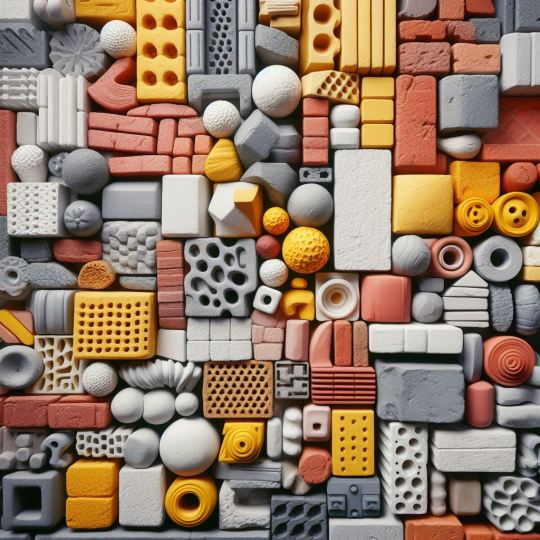
View On WordPress
#aesthetic bricks#Architectural Elements#brick applications#brick design#brick manufacturing#brick technology#Bricks#building industry advancements#common burnt clay bricks#concrete bricks#Construction materials#eco-friendly bricks#engineering bricks#environmental impact of bricks#facing bricks#fire bricks#fly ash bricks#hempcrete bricks#innovative construction materials#Load-Bearing Capacity#modern construction materials#paving bricks#perforated bricks#structural bricks#sustainable building materials#thermal properties of bricks#types of bricks
0 notes
Photo

Brick Pavers - Transitional Patio Inspiration for a mid-sized transitional backyard brick patio remodel with a gazebo
#stone fireplaces#outdoor wood-burning fireplaces#pre-manufactured fireplace#fire pits#patios#brick pavers
0 notes
Link
Refractory Material, Fire Bricks, Refractory Manufacturer, China Refractory
0 notes
Text
With forest fire season approaching, I decided it was time to take matters into my own hands. Last year, I was trapped inside, wondering why everything tasted like I was eating it at a mid-tier barbecue joint. This year, my plan was to invent some kind of machine that absorbs the forest fire smoke and turns it back into trees. I succeeded.
You might not think that such a thing is possible. Doing so is a waste of time that you could be spending inventing your own Teletreeporter. A couple cups of coffee later, and I was driving around an old International truck (watch your feet, the floors are gone) with a prototype stuck to the back of it.
As a test, I chose to start in the smokiest part of town, the old fan factory. Someone left the place running and then locked themselves out years ago, and now the autonomous assembly algorithms are tearing the building apart in order to have enough material to keep manufacturing fans. Nobody has told the robots to stop quality-testing those fans, either, so every single one they build goes out in the parking lot, and runs until destruction. It's a big draw on the local power station, and also kind of ruins the air quality in the area. I flipped the switch, and the Teletreeporter leapt to life, popping out a perfect, not even blackened, elm tree.
And then the switch jammed. In my defence, it was not my fault that I used a junky old switch I found in a cookie tin full of old switches that I got from some dude's estate sale. Sure, I could have tested it more, but who knows if it would have broken just the same? Either way, I was now driving around town, shitting out a constant, unbroken stream of tree sausage.
"Take cover," I shrieked as I drove recklessly past a public park, reforesting it the whole way. "I can't turn it off!" As I got on the throttle and headed towards Main Street, I noticed that the sky was beginning to get brighter and brighter. The damn thing had absorbed all the forest fire smoke and was getting a start on the atmospheric carbon. If I didn't do something soon, it was going to reverse climate change, and start pooping out bricks of solidified gasoline.
"Goddammit! Stop fixing the climate," shrieked a cop, fumbling for his gun. His threat came too late. He got creamed by a thick stream of authentic ground Brontosaurus meat, brought back to "life" by the reversion of the Jurassic period's extinction event.
216 notes
·
View notes
Text
Pick my next fic
Hey! Decided I’d write some fics for the borderlands fanbase, figured I would let you guys choose what comes first! (They’ll have short little blurbs with more info under the cut if you want some!)
Rhysothy- I have a tftbl alternate au where news doesn’t get out that Jack is dead and that the Hyperion board has decided it would cause less issues for the company to bring in a body double. When Rhys gets the promotion he deserves and ends up working right under ‘jack’ he starts to notice that some things are different about the guy.. for one he’s absolute trash at programming and hey wait.. when did his eyes switch colors?
TLDR: Timothy is a shitty jack double
Gaigel- finding out that Angels mom was likely a Jakobs thanks to borderlands 3 i have cooked up a sweet au to go along with my living!angel one. They’ve been off planet for a tiny bit, Angel just needing to get as far away from pandora and euridium as humanly possible. They loop back for their annual check in with the crimson raiders and suprise! They get a wedding invite.. a little bit late and a little bit blood stained. Wait, huh? Why is it adressed ‘my dear niece Angel’? And why does the rsvp have the Jakobs gun manufacturer emblem?
TLDR: Gaige never asked her girlfriend her last name, whoopsie
Moxxi/Tannis- I think they should make out and that it would be totally cool and stuff.. just saying. Maybe it can even be a pre sequel fic as a treat with some canon divergence and a dash of ‘I have two kids and my crazy ex boyfriend and my family are trying to kill me. We should raise these kids together’
TLDR: Milf Moxxi and her Antisocial nerd girlfriend, yippie!
Mordibrick- Tina had her fake wedding, hammerlock and Jakobs had their real one.. Maybe it’s time that Mordecai and Brick get married too. I mean, they are dating, right? They established that clearly, right? They haven’t just been coparenting for years on accident while everyone just assumed they were gay. Totally not. And this wedding was totally not a surprise to them at all.. totally not.
TLDR: the game of gay chicken went too far in this one
Axton/Salvador: have not played their DLC yet, don’t kill me, BUT they give me old married energy when they call my echo. Like they’re trying to invite me over to have dinner with them or something. Anyways they flirt and narrate their shitty little death race and then light stuff on fire and flirt some more. Maybe claptrap gets bullied a little (a lot), we’ll see what happens. maybe a surprise Gaige cameo
TLDR: those two old guys kiss, the end.
Axton/Zed: this is the most original thought I think I have ever had personally. This au is inspired by two things: 1, my loyalty and parasocial friendship I had with Zed during my Gaige playthrough and 2, that one au here on tumblr of Axton being Gaiges adopted dad. I think Gaige trying to set Axton and Zed up together and Zed using his medical malpractice and four braincells to flirt would be great
TLDR: someone kiss that dilf with the silly little gun robot!
#rhys strongfork#rhys tftbl#rhysothy#timothy lawrence#gaige the mechromancer#angel the siren#angel borderlands#gaigel#mad moxxi#patricia tannis#mordecai the hunter#brick the berserker#Mordibrick#axton the commando#salvador the gunzerker#dr zed#zed blanco#borderlands#borderlands 2#tftbl
7 notes
·
View notes
Text
Unleashing the Power of Heat Resistance with Refshape Refractory Fire Bricks
In the demanding world of high-temperature applications, the importance of reliable and durable materials cannot be overstated. Enter Refshape, a trailblazing brand that has redefined the standards for heat-resistant solutions, particularly in the form of Refractory Fire Bricks. These bricks, designed and manufactured by Refshape, are becoming synonymous with quality, performance, and longevity in industries where extreme temperatures are the norm.
Visit us-https://refshape.com/blogs/unleashing-the-power-of-heat-resistance-with-refshape-refractory-fire-bricks/
0 notes
Text
3 Main Types of Refractory Products and Their Uses
These products are designed to resist extreme heat, corrosion, chemical attacks, etc., and turn out to be very important for the efficient and safe running of furnaces, kilns, and other high-temperature processing equipment. The paper discusses some of the several refractory products and their uses.
Read More:- https://www.linkedin.com/pulse/3-main-types-refractory-products-uses-refmon-industries-fw5kc
0 notes
Text
Business Model for Stellar Charm:
Target Market: The target market for Stellar Charm will be primarily young adults and teenagers who are interested in strategy-based card games. The game will also appeal to astronomy enthusiasts and fans of fantasy and mythology.
Revenue Streams: The primary source of revenue for Stellar Charm will be the sales of the game itself. In addition, the game can generate revenue through expansion packs, limited edition cards, and merchandise such as t-shirts, posters, and figurines.
Distribution Channels: Stellar Charm will be sold through various distribution channels such as online marketplaces like Amazon and Etsy, as well as through brick and mortar stores specializing in board games and card games. The game will also be available for purchase directly from the company's website.
Marketing and Advertising: To reach the target market, Stellar Charm will utilize a mix of digital and traditional marketing strategies. This will include social media marketing, influencer partnerships, targeted online ads, and participation in gaming conventions and events. The game will also have a strong presence on popular gaming forums and communities.
Production and Manufacturing: The game will be produced and manufactured in-house to maintain quality control and minimize production costs. This will also allow for faster turnaround time for new expansions and updates.
Pricing Strategy: The price of the base game will be set at a competitive rate to attract customers. Expansion packs and limited edition cards will be priced slightly higher to appeal to collectors and enthusiasts. Discounts and promotions will also be offered periodically to encourage sales.
Customer Support: Stellar Charm will have a dedicated customer support team to handle any queries or concerns from customers. This will ensure a positive customer experience and help build brand loyalty.
Partnerships and Collaborations: In order to increase brand awareness and reach a wider audience, Stellar Charm will collaborate with other popular games and brands. This can include cross-promotion, co-branded products, and special events.
Cost Structure: The main costs involved in running the business will include production and manufacturing costs, marketing and advertising expenses, and operational expenses such as rent, utilities, and salaries. The company will also invest in research and development to continuously improve the game and create new expansions.
Future Plans: As the game gains popularity, the company can consider developing a digital version of Stellar Charm for mobile or computer platforms. This can open up new revenue streams and reach a larger audience. The company may also consider licensing the game to other countries to expand its market reach. Play style
Card Name and Type: This feature displays the name of the battle card and its type, such as "Stellar Charm - Magical" or "Stellar Charm - Elemental". This helps the player identify the card and its category, which can be useful in planning their strategy.
Element: The element of the card is represented by a symbol or color and is crucial in determining its strengths and weaknesses. For example, a water element card may be strong against fire but weak against lightning. The player must keep this in mind when using the card in battles.
Attack Points: This feature displays the attack points of the card, which represents its offensive power. The higher the attack points, the stronger the card's attack will be. The player can use this information to strategically choose when to use the card in battle.
Defense Points: The defense points of the card represent its defensive capabilities. The higher the defense points, the better the card can withstand attacks from the opponent. The player can use this feature to strategically defend against the opponent's attacks.
Special Ability: Some battle cards may have a special ability that can be activated during battle. This feature will describe the special ability, such as "Healing Aura" or "Double Attack", and how it can be used in battle. The player must carefully consider when to use the special ability to gain an advantage over their opponent.
Fusion Requirements: The fusion requirements feature displays the elements or types of cards needed to fuse with the Stellar Charm card to create a more powerful card. This adds a layer of strategy to the game as the player must strategically choose which cards to fuse with the Stellar Charm card to create the most advantageous outcome.
Lore: The lore of the card provides a background story or description of the card, which can help the player understand the card's role in the game. This feature can also add an element of immersion and depth to the game, making it more engaging for the player. The game would be called "Constellation Clash" and it would be a two-player strategy battle card game. The objective of the game would be to collect and control the most constellations by the end of the game. Card Types:
Constellation Cards
These cards represent the 88 constellations and each one has its own unique abilities and strengths.
Zodiac Cards - These cards represent the 12 zodiac signs and can be used to enhance the abilities of constellation cards.
Star Cards - These cards represent individual stars and can be used to boost the power of constellation cards.
Element Cards - These cards represent the four elements (fire, water, air, and earth) and can be used to counter certain constellation cards.
Action Cards - These cards have various effects and can be used to interrupt or change the course of the game. Card Styles:
Basic Cards - These cards have a simple design and represent the less powerful constellations.
Advanced Cards - These cards have a more intricate design and represent the more powerful constellations.
Mythical Cards - These cards have a unique design and represent the rare and powerful constellations. Gameplay:
Set-Up - Each player starts with a deck of 20 constellation cards, 10 zodiac cards, 10 star cards, and 5 element cards. Each player also starts with 5 action cards in their hand. The remaining action cards are placed in a separate deck.
Turn Sequence - The game is played in turns. Each turn, a player can perform the following actions in any order:
Play one constellation card from their hand onto the field.
Play one zodiac or star card from their hand onto the field, and attach it to a constellation card already on the field.
Play one action card from their hand and resolve its effect.
Battle Phase - Once both players have finished their turns, a battle phase begins. The player who has the most stars attached to their constellation cards has the first attack. Each player takes turns attacking and defending until all battles have been resolved.
Battle Rules - During a battle, the attacking player chooses one of their constellation cards to attack with. The defending player can choose to block the attack with one of their constellation cards or take the full damage. If the attack is blocked, the defender's constellation card is discarded. If the attack is not blocked, the defender takes damage equal to the difference between the attacking constellation card's power and the defending constellation card's power.
Element Advantage - Certain constellation cards have an advantage over others based on their element. If a constellation card with a higher element attacks a constellation card with a lower element, the attacking card's power is increased by 50%.
Mythical Card Rule
If a player has a mythical card on the field, they can choose to activate its special ability once per turn during the battle phase.
End of Turn - After the battle phase, the player can choose to discard any cards from their hand and draw new ones, up to their hand limit of 5 cards.
End of Game - The game ends when one player has control of at least 10 constellations or when one player runs out of cards in their deck. The player with the most constellations under their control wins the game. The phases of the game would develop as players strategically play their cards, trying to gain control of the most powerful constellations and using their zodiac and star cards strategically to enhance their abilities. The game would also require players to carefully manage their resources and choose when to use their action cards for maximum impact. With the mythical cards adding an extra element of surprise, every game would be unique and challenging.
Zodiac Cards: These are the most powerful and rare cards in the game, representing the 12 zodiac signs. Each Zodiac Card has a unique ability and high attack and defense points.
Star Cards: These cards represent the stars within each constellation and are the backbone of any deck. They have a balanced mix of attack and defense points and can be used strategically to support other cards.
Mythology Cards: These cards are based on the ancient stories and myths associated with each constellation. They have powerful abilities that can turn the tide of battle, but are limited in number and should be used sparingly.
Elemental Cards: There are 4 elemental card types in the game - Fire, Water, Earth, and Air, each representing a different element from the universe. These cards have a rock-paper-scissors relationship with each other, with one element being strong against another and weak against the third. They can be used to counter opponent's cards and add an element of strategy to the game.
Celestial Cards: These cards represent celestial objects such as planets, comets, and galaxies. They have powerful abilities that can affect multiple cards at once, but are also limited in number and should be used strategically.
Constellation Cards: These cards represent the constellations themselves and have a unique ability that can only be activated when a player has a certain number of cards from the same constellation in their hand.
Support Cards: These cards do not have any attack or defense points, but instead, provide support to other cards in a player's hand. They can boost attack or defense points, provide additional abilities, or even revive defeated cards. Card Styles:
Standard Cards: These cards have a simple design with the constellation name and image on the front and the card type and stats on the back.
Foil Cards: These are rare and valuable versions of the standard cards, with a metallic sheen and enhanced artwork.
Holographic Cards: These cards have a holographic design that changes depending on the angle they are viewed from. They are highly sought after by collectors.
Legendary Cards: These are the most powerful and rare cards in the game, with unique artwork and abilities. They are highly coveted and can only be obtained through special events or by trading with other players.
Promo Cards: These limited edition cards are only available through special promotions, such as tournaments or special edition sets.
Prism Cards: These cards have a prism design that creates a rainbow effect when viewed under light. They are highly prized by players for their unique design.
Cosmic Cards: These cards have a cosmic design, with images of galaxies, stars, and other celestial objects. They are considered the most visually stunning cards in the game.
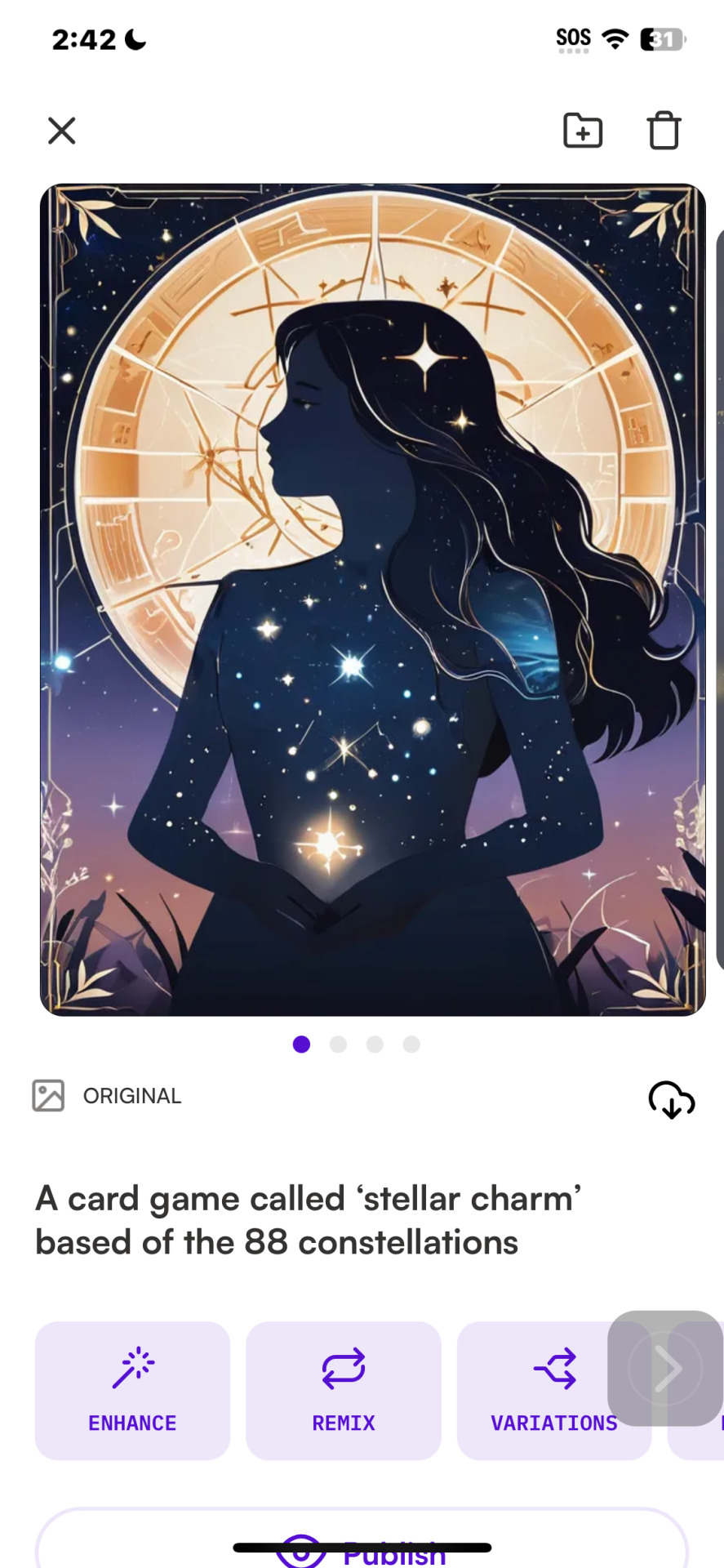
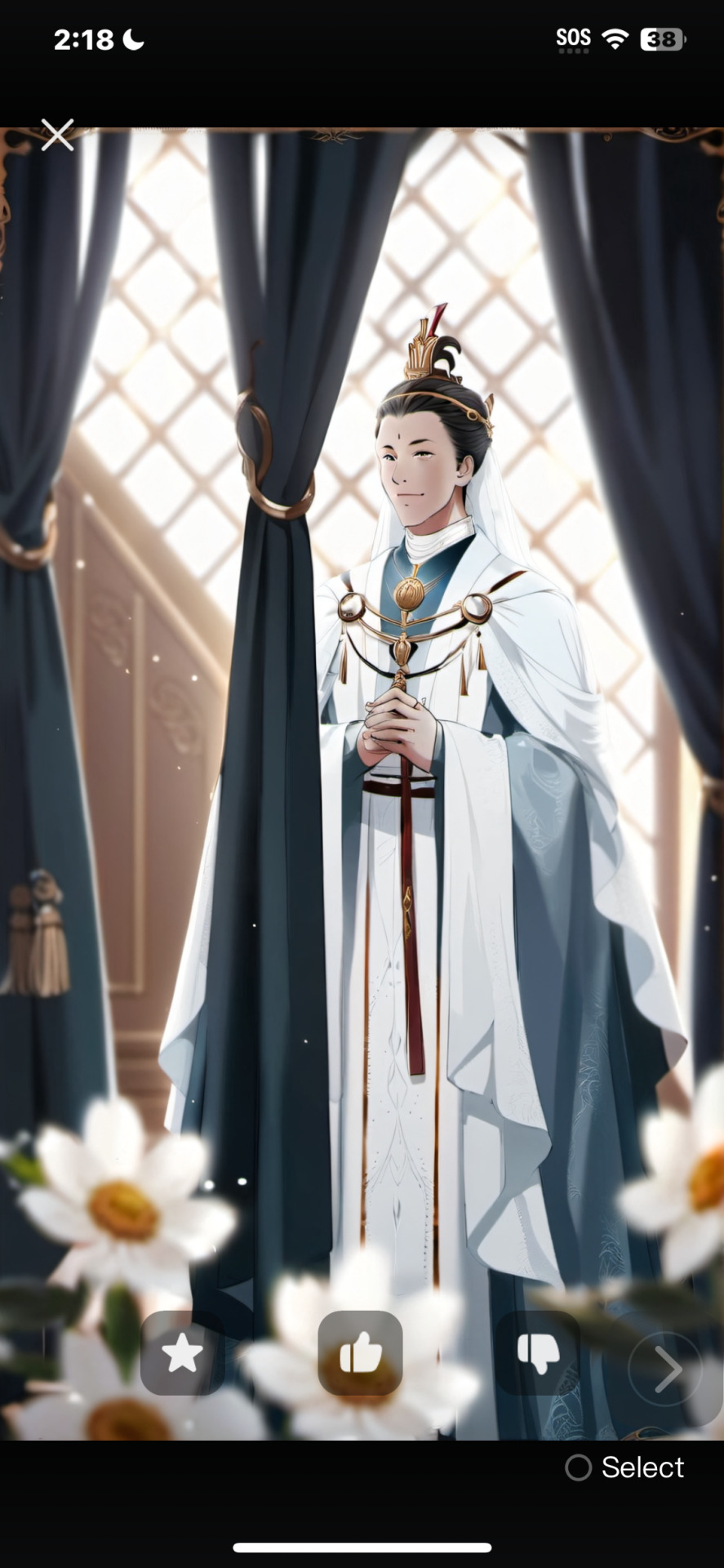
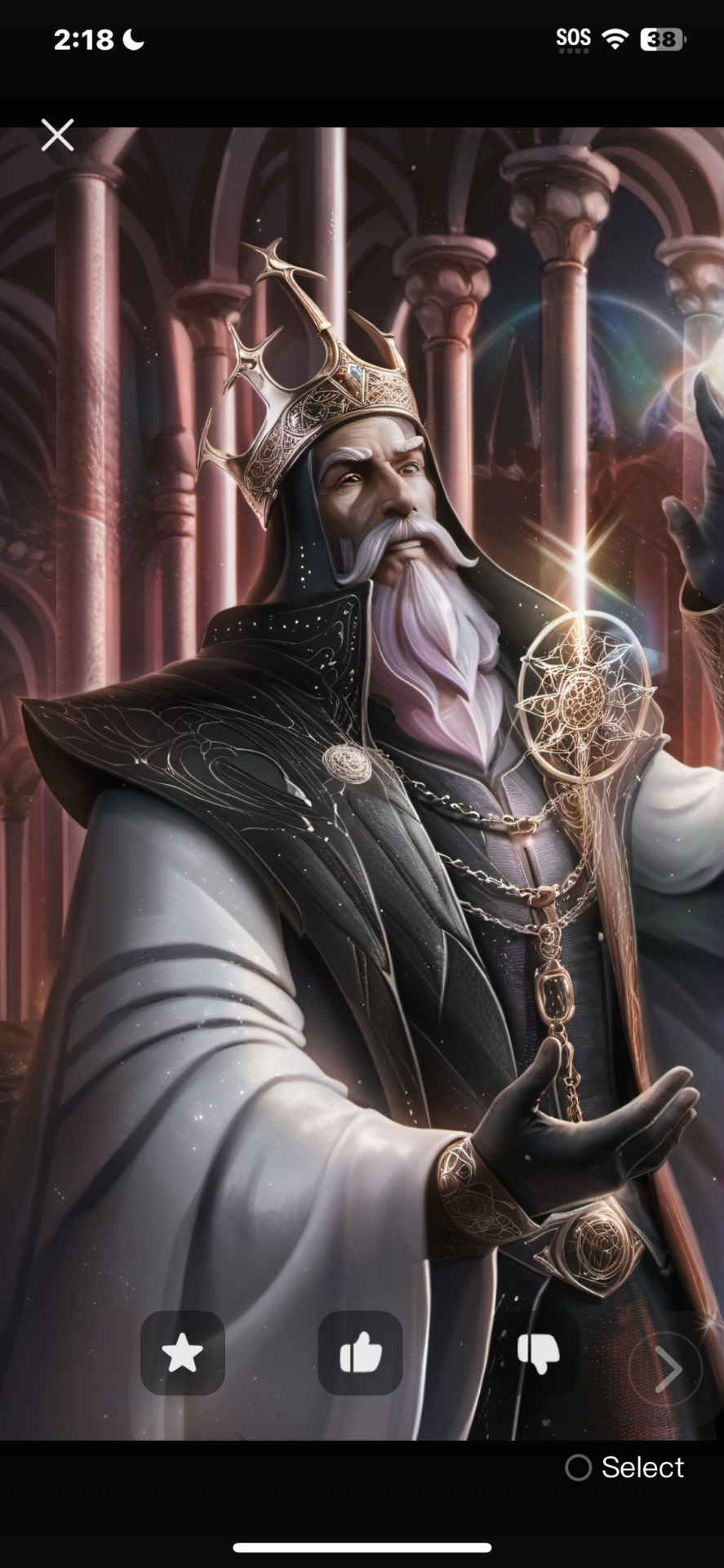
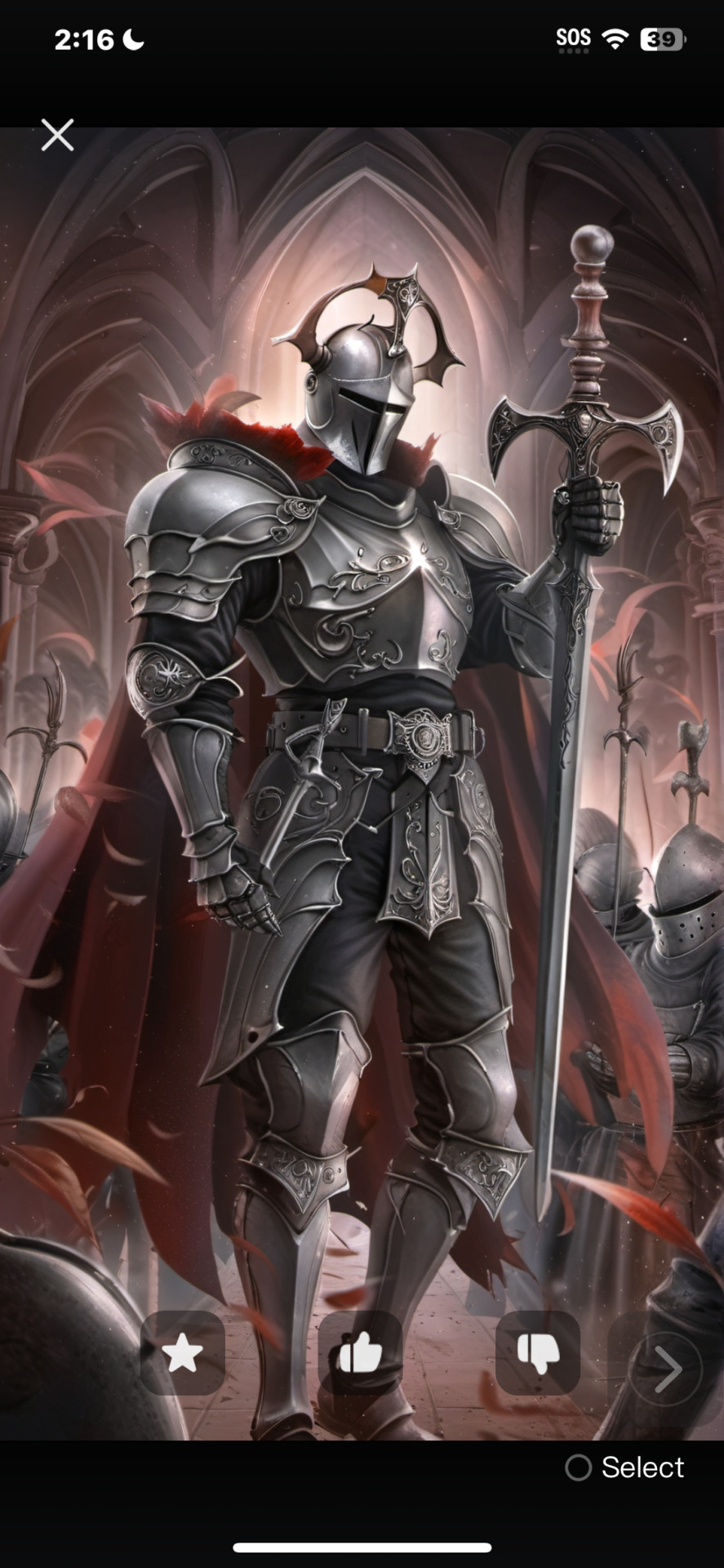



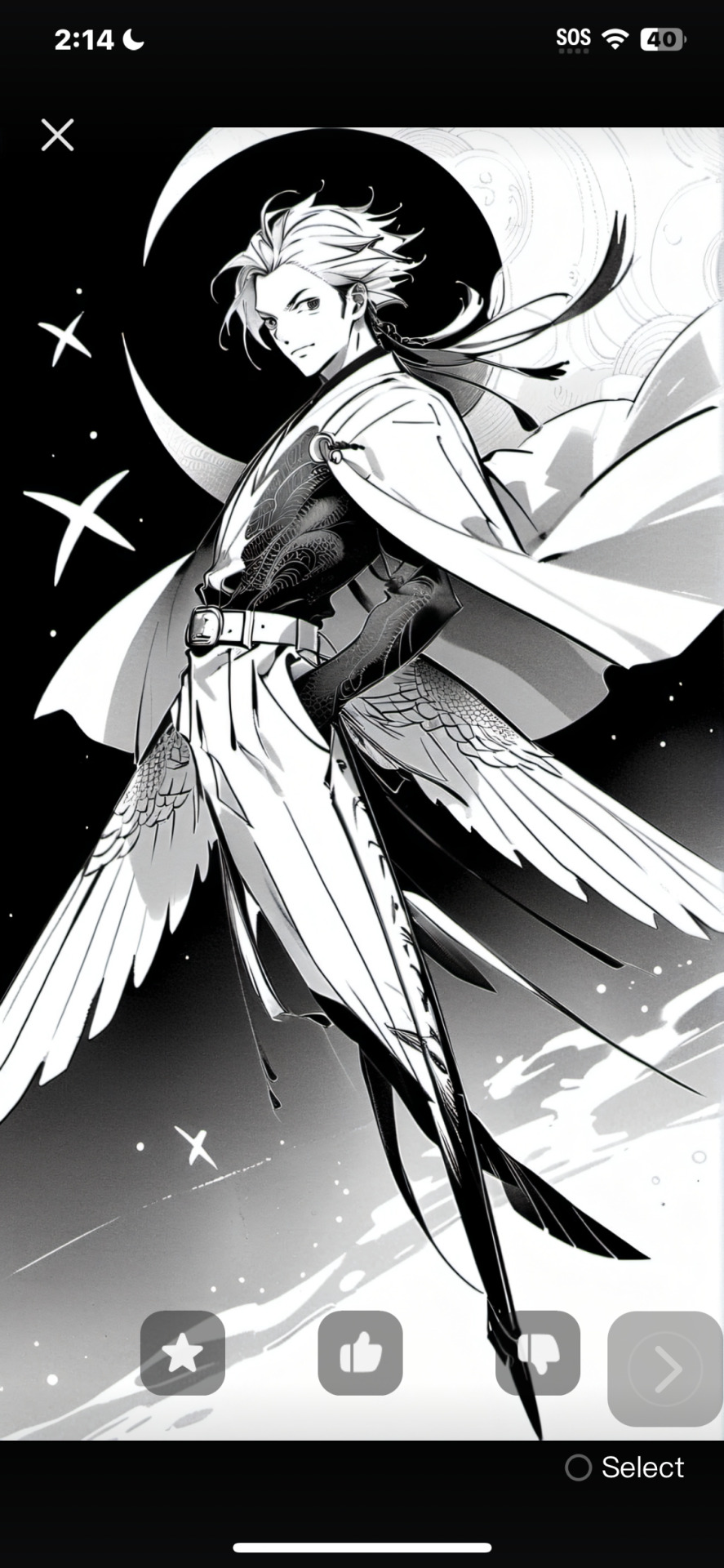




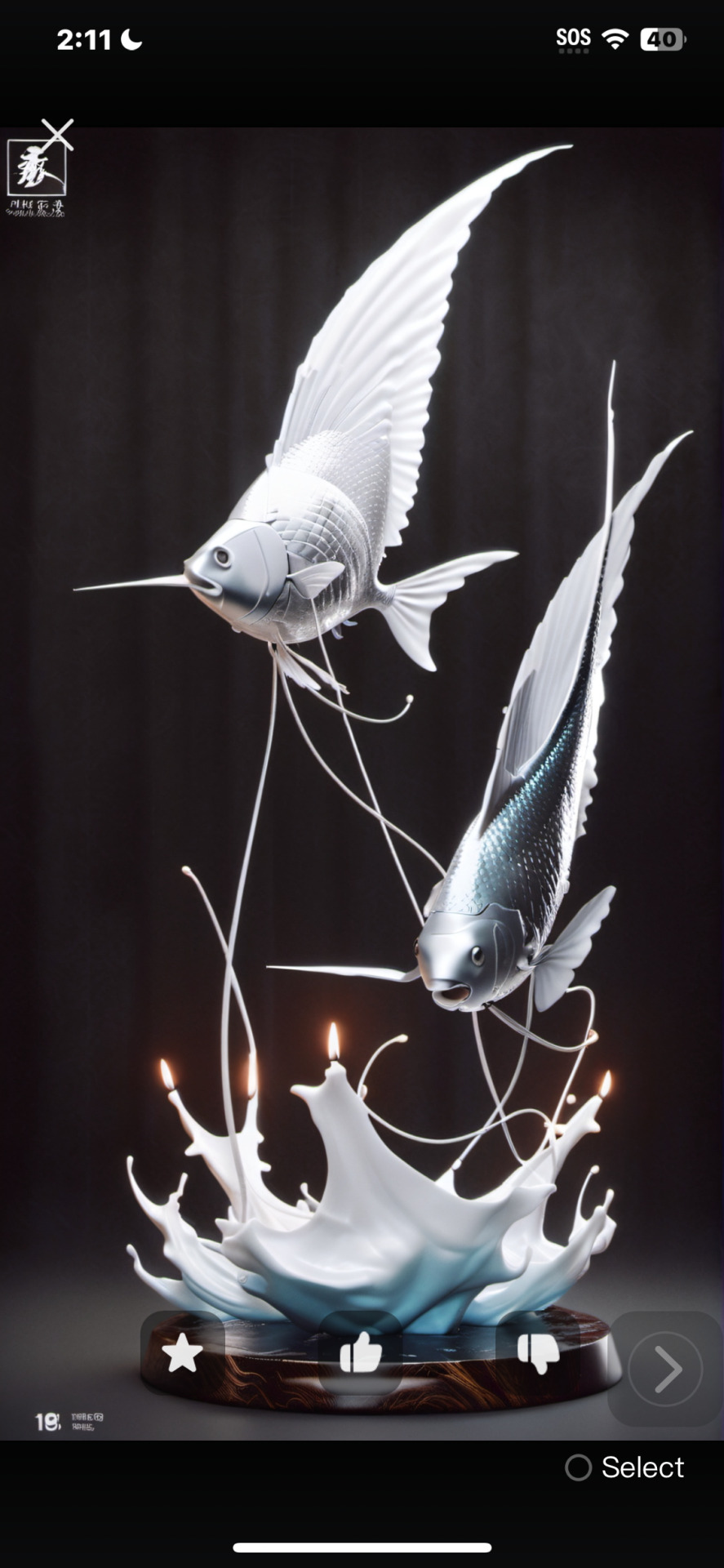


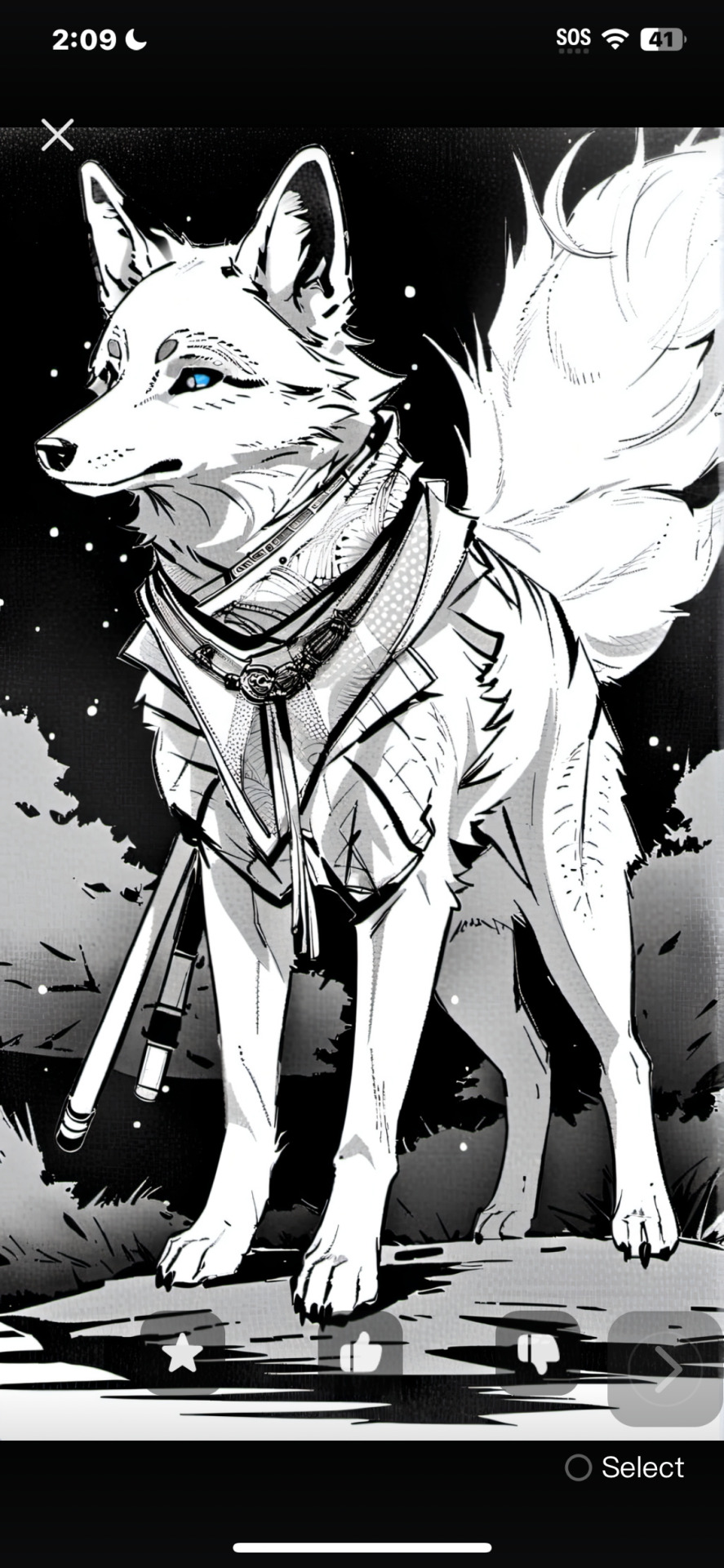








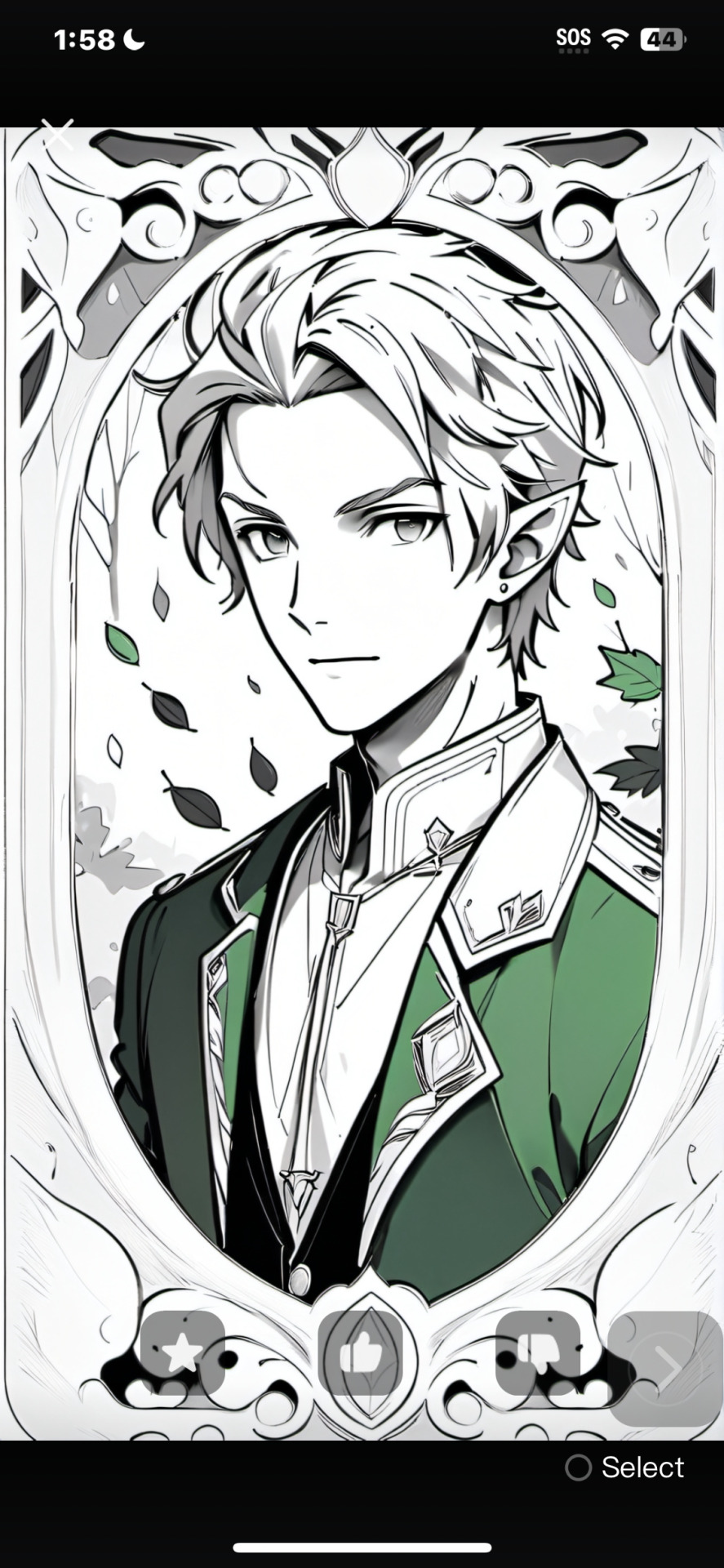


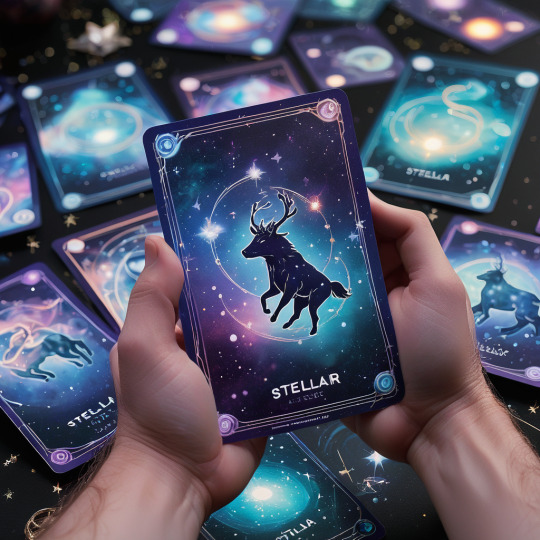
#Business model#play styles#card types#rules#objectives#card elements#stellar charm#battle strategy card game#TCG#Stellar Charm Cards
9 notes
·
View notes
Text
Loyalties
Sierra stops outside the derelict building, looking up at its crumbling facade.
She’s burned a lot of bridges, called in a lot of favors, and in the end, gotten an incredible stroke of luck, to get here.
She doesn’t have time to wait for the backup she’s called.
She guns the engine and the car jolts up the single step, then crashes through the front door in a shower of shattering glass, crumbling brick, and splintering wood. She keeps it moving until the doors clear the debris, then jumps out, flinging a garlic gas grenade in either direction and clearing the room in wide sweeps before heading toward the stairs.
Okay, so she’s being a little dramatic. But the element of surprise, and the fact that she wasn’t entirely sure this wasn’t a trap, is worth it. If she’d just walked in the doors, she’d have been worried about being ambushed.
Sometimes the only way to avoid that scenario is to cause it yourself.
Now she’s the one who comes off as desperate and determined. Which is absolutely true. She’s not sure that will have any effect on the vampire she’s coming for, but at the very least, it might make the playing field seem a little more level.
The second floor is empty, very clearly so. Sierra spends minimal time clearing it, before heading for the staircase and climbing to the third floor. The glass cuts and aches from her less than textbook entry are starting to make themselves known as the adrenaline tapers off. She wishes it would last a little longer. She’s still got a vampire to fight.
She kicks open the rusty lock on the third floor door and comes face to face with her nightmare.
Shay is standing near the middle of the room, stiff and statue-like, and there’s the faintest outline of someone else behind him, using his body as a barrier.
Sierra lowers the gun slightly.
“I’m Sierra Stoker with the Chimera Agency. It’s over. Let him go. There’s a whole team of hunters on their way.”
“He told me about you.” The voice echoes, and not just off the scraps of manufacturing machinery left in this dump. Shay’s voice is coming out in time with the vampire woman’s. It’s not even close to the first time Sierra’s seen a sire take over their victim, but it’s a whole new kind of awful when the fledgling is someone she’s known for years. When it’s painfully obvious how not-himself he is right now.
Is this what it felt like when Tio had to face Emma? There’s always been a horror in Uncle John’s voice when he tells that story that goes beyond the shock of seeing his former colleague and teammate turned, and nearly having his throat ripped out before she wrestled control of herself back from Arion.
“I thought you might come for him yourself. He’s a fun little plaything, isn’t he?” The vamp continues. “Unfortunately for you, I found him first.”
Sierra can’t let it get to her. There’s too much on the line. “Let him go now, and maybe I’ll consider letting you live long enough for a trial.”
“You want me dead, but I don’t think you’ll kill him to get it.”
She wouldn’t have to kill him. Sierra’s done this before, but with a human hostage, at Amarillo. To get to the vampire who had her teammate, she’d clipped his leg, dropping him like a stone and giving her a clear line of fire.
She could try it now, but this vamp is expecting it. The only way Sierra gets a chance at taking her down is to lower her defenses. Force her hand, then take advantage of whatever mistake she makes.
“What kind of life is he going to have with you?” She asks. Still playing the game, but hopefully, lowering the vamp’s estimation of her cunning.
“He’s mine now, little hunter. My fledgling, mine to play with until I tire of him.” The vampire’s head appears for a fraction of a second as she trails a line of kisses down Shay’s neck, and Sierra shudders.
He’s been missing for three days. What has she already done to him?
He’s not wearing the same clothes he’d left in. Sierra knows that's a ridiculous detail to latch onto, but she also remembers that he was going to work the door at the Luna.
It might have been a simple case of wanting to remove the claim of another coven. But Sierra knows, bone deep, that’s not all it was.
“You can’t control him like this all the time. The longer you use your sire’s influence, the more capable he’ll be of finding a way to fight it. He’s learned from a vampire who did. She locked out a member of the first circle. He can push you out. He’ll keep fighting you until he finds a way to get you out of his head.”
“Oh, after today, I won’t need to fight him.” The vampire laughs. “I’m going to make him kill you. I’m going to make him watch you die. And then he’s going to drink your blood. He will crave the oblivion of my control after that. The humans will never stop hunting him for killing you. His only safety will be with me.”
Sierra’s sparred with Shay so many times every movement of his is muscle memory. But somehow, it’s still a shock when in one fluid motion he’s snatched a jagged chunk of metal from the side of a half-dismantled machine, covered the distance of the room, and driven it into her side.
Because it’s not his movements. It’s his sire’s.
It’s also the opportunity she needs.
She has one shot at this.
She ignores every instinct screaming at her to pull back, and throws herself forward, metal digging into her side, arm swinging over Shay’s shoulder for a clear shot at the laughing vamp behind him.
In the split second it takes for the bullet to reach her, the woman’s face shifts from glee to shock.
Good. I want you to know you failed.
(This is actually a companion story in Sierra's POV to a Whumptober series I wrote last fall! You can read that series on my WorldAnvil here, and today's fic here!)
@catwingsathena @nade2308 @the-one-and-only-valkyrie @telltaleclerk @ettawritesnstudies @writeouswriter
#febuwhump#febuwhump2024#febuwhumpday4#obedience#tw: implied/referenced noncon#vampire whump#mind control#lady whump#sierra aguirre-stoker#shane barrett
9 notes
·
View notes
Text
About five years ago, for seven dollars, I bought an old citrus juicer at a thrift shop. It was one of those vintage small appliances which seem built to survive gas explosions and hammer attacks. When I turned on the motor with a metal toggle switch, a drive shaft spun a heavy ceramic knob that gouged out the hearts of lemon and orange halves, leaving not a scrap of pulp uncrushed. The thing worked beautifully, almost like new, so I looked up its serial number on the internet to see when the unit was manufactured, guessing it might be almost 40 years old.
Wrong. It dated to the 1940s. It was 70, the stubborn monster, still giving satisfaction with every use.
I can’t say the same about my coffee grinders. I use the plural because I’ve owned a lot of them, all bought in their original packaging and dead within a year. They’re good ones, supposedly, with burrs not blades, but they stop performing before long, ending their long journeys from overseas factories in unmarked graves in my local Montana landfill.
I have a whole ghost kitchen in this landfill, and soon I will need to reserve a bigger plot. For the nifty under-the-counter fridge that has stopped getting cold after three years and no one in the area can fix. For the cool, bagless vacuum cleaner that clogs and chokes when I run it over a rug. For the set of glass measuring cups whose numbers and hash marks are swiftly fading and becoming illegible, much like those on the dials of the washer my wife bought just three years ago. For the remains of the Pyrex casserole that shattered when I removed it from the oven, strewing the floor with blade-like shards, some so tiny I probably won’t find them for another couple of months, and only when they lodge in my bare feet.
Should I go on? I think I will. It’s important to get to the essayistic part, where I ask what it means when the objects in our lives demoralize us in a blizzard of malfunctions that seem to be hastening by the month. But it’s also important—to me, emotionally—to bury the reader in details of the unceasing material disappointments I’ve faced. Disappointments of the sort we will all be facing en masse in a few days. Merry Christmas!
Like the cute yellow mittens my wife picked up at Target which unraveled the second time she wore them. Or the new suitcase which won’t stand upright when it’s full. The laptop computers that have turned to bricks within months of their warranties expiring. And the hybrid sedan with 50,000 miles on it that also turned into a brick while going eighty down the freeway, losing its power steering, its power brakes, its power everything. I survived, by some miracle, issued legal threats, and the car’s manufacturer repaired it, free. Then it bricked again a few weeks later.
It’s the little things too, of course, because they’re constant. The staples that won’t pierce five stacked sheets of paper. The matches that sizzle and smoke but won’t catch fire. The grocery bags split by the corners of the milk cartons whose inadequate seals leak drops. The strangely short power cords on electronics. The two or three new pens I use each week that, because no ink comes out of them (at least not continuously, in lines) aren’t really pens at all, in fact, but tributes to pens. Potemkin pens, mere props.
Baffled by how to measure this decline in the quality of common wares—a decline whose significance I promise to cover once I’ve further gratified my rage—I opened the matter to my Twitter audience and quickly garnered more than 2,000 replies, by far the longest thread I’ve ever triggered. The complaints were specific and formed patterns. One was a loathing for newer washers and dryers because they don’t wash or dry well, and then they break. The clothes that go inside them were disliked, too. (A former top executive of Levi’s chimed in to confirm that jeans aren’t what they used to be.)
My favorite replies were the picky ones. One person noted that the “juice content” of juice is going down. Another observed that the “foaming liquid hand soap” which suddenly is dominating store shelves is really just normal liquid soap, diluted.
Many blamed these problems on the government. They believed it had crippled certain products (major home appliances, especially) with environmental regulations, causing them to function poorly and turn rapidly to landfill fodder—an ecological net loss, perhaps. Some folks blamed our trade agreements with China and the evils of capitalism itself. Weak-link computer chips in items that don’t require them also came in for abuse. One highly philosophical reply spoke of a sinister general trend toward the degradation of everything human. “There’s a war on value that’s going that’s comprised of three parts: war on quality, war on money, war on life.” Lofty rhetoric, but I understood. When my suddenly de-electrified hybrid car became a hurtling giant stone inside which my wife and I were helplessly strapped—all for the crime of trying to save fuel and, ultimately, earth—it was hard not to feel tricked.
Only a couple of my correspondents challenged my premise—and the flood of testimony—that stuff is getting crappier, and acutely so. They made an economic argument. They claimed things are worse because we want them cheaper, but if price is adjusted for inflation, they’re of the same quality as always. These rant-killing sophisticates annoyed me. Our new washing machine with the faded dials and the vanishing enamel on its corners (I forgot to mention that defect) is the costliest model we’ve ever purchased. As for the much of the cheap stuff—those Target mittens, say—they aren’t merely inexpensive, they’re valueless. In fact, they’re of negative value when one considers the waste of materials involved, and the wasted energy of driving to buy them, then driving to return them later—a second trip that, in this case and many others, wasn’t worth making. Instead, we took the loss. And the world took the loss. A small one, but they add up.
In England in the 19th century there arose certain thinkers—John Ruskin, William Morris—who believed that the quality of material objects reflects and affects the quality of society, even of the spirit. “Have nothing in your home,” wrote Morris, the father of the Arts and Crafts movement, which aimed to elevate the lives of the working and middle classes, “that you do not know to be useful or believe to be beautiful.” This would be a tall order nowadays.
Recently, my wife needed a carrot peeler. She needed one rather quickly. Off to Target. The one she bought (the only one on sale) looked handsome enough, and the brand was one she recognized, but it failed in the useful department, miserably. It wasn’t sharp enough to peel a carrot. Like my pens which aren’t pens because pens put ink on paper, her peeler which didn’t peel was a nullity, a simulacrum, a representation of something, not the thing.
The world is going digital, we’re told, and someday there will even be digital real estate inhabited by people in digital clothes drinking digital orange juice extracted with digital juicers. People will play at the lives they once took seriously, lives that had once had heft and weight, and the juice content of juice will fall to zero. I suspect my old physical squeezer will still be working then, but the rest of my kitchen gear won’t. Not much of it. I might not last, either. I fear I won’t. The psychic toll of goods that don’t endure is that one loses faith the future will even come, and then one loses interest in it coming, for little that we own or use or cherish seems likely to be there with us to meet it.
One wonders whose obsolescence is being planned—our products’, our belongings’, or our own?
33 notes
·
View notes
Note
❄️
(from a d20 wip I have yet to properly write)
...
It’s never quiet in the arena.
The dragon knows this. The dragon is used to it, even. Noise is nothing new to the dragon, memories of a past that doesn’t exist whispering about tall brick structures and clanging metal bins and a half-dozen chattering voices. The memory of that noise is almost comforting, though the dragon has long since lost track of what comfort is. All those made to fight in the arena do eventually.
It’s funny, really. Those who the Court of Stars send to fight in their ring don’t get the relief of death. Their failures are punctuated by knockouts, by the Court’s operatives (there’s a flicker of thought in the dragon’s mind at the word, like they should know why they know what it means, like it’s important) slaying the foe deadly enough to take down one of their carefully manufactured beasts of war and forcing the living weapons to train until the weakness is stamped out. Comfort becomes alien. Identity becomes alien. The dragon had a name once, they know, but that name is far from the reaches of their mind, wiped out from a near-endless stretch of spells and battles and headaches and arena kills and losses that grew fewer and fewer in number. When your days are spent in a cell or a training yard or a place of endless bloodshed, names become meaningless.
That name was attached to something else, anyways. Not a dragon. A creature smaller than a dragon, but lethal and quick and quiet. Deemed loathsome by the Court of Stars, if the whispers they’ve managed to hold on to are to be believed. From a monster to a monster. A creature they can’t remember to a creature they were forged into, by fire and blood and lightning.
What they were before doesn’t matter. They’ll never find it again, any more than they’ll find their name. There is on the arena, and the Court of Stars, and the howling roar of the crowd of gamblers and elven nobles taking part on bloodsport while sneering down their noses at those who participate. The dragon might have once been irritated by this, but no longer. There is no point. There is only the battle. Only the foe.
3 notes
·
View notes
Text

“The plasticity of clay and its enduring hardness after firing led to its appreciation by early man. The Babylonian vase, from Kish, is about 4000 years old. Archaeologists find, in fired clay, the chief indestructible material through which they can trace the history of ancient civilizations. Five thousand years ago, Egyptian clay workers manufactured bricks and pipes, jars and bowls and other products for daily use. Except for improvements in the mass production of clay forms, the basic nature of clay manufacturing has changed very little. In modern times, clay is used to make pottery, bricks, tiles, dinnerware, sculpture, firebrick and sanitary fixtures. It is also used in the manufacture of face powder, paints, paper, linoleum and rubber products. Clay touches the lives of all. One of the happiest ways in which it can become a part of life is as a material for individual form expression, making it a valuable medium for art education.”
From: “the clay in the classroom; a means to creative expression” by Barford, George; 1963.
5 notes
·
View notes